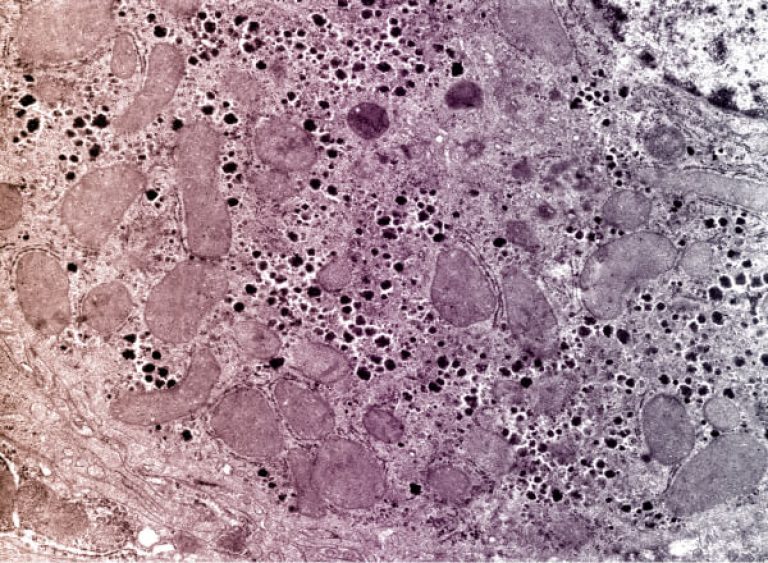Club cell secretory protein (CC16; encoding gene, SCGB1A1) is a homodimeric pneumoprotein that is produced mainly by club cells and other nonciliated epithelial cells in both proximal and distal airways (1). Higher airway expression and circulating levels of CC16 have been associated cross-sectionally with better lung function and lower prevalence and severity of chronic obstructive pulmonary disease (COPD) (2). Prospective studies have also shown that increased serum levels of CC16 at baseline are protective against subsequent development of COPD and accelerated FEV1 decline (3). In explaining these protective effects, growing evidence supports antiinflammatory and antioxidative properties of CC16 in the lungs, although results from animal models have been to some extent inconsistent. In line with direct protective effects, recombinant human CC16 has been shown to inhibit the cigarette smoke extract–induced release of IL-8 from bronchial epithelial cells isolated from patients with COPD (4). Thus, CC16 augmentation may be beneficial in the prevention and treatment of COPD.



